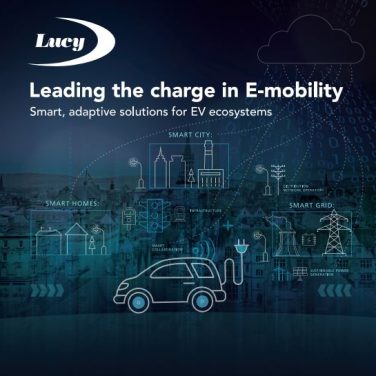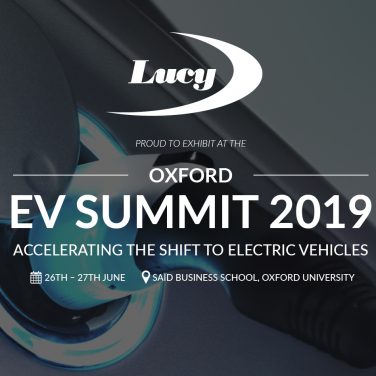The Committee on Climate Change has recommended that the UK can end its contributions to global warming within 30 years by setting a new target to reduce greenhouse gas emissions to zero by 2050. This ambitious target is in light of the Paris Agreement and the Intergovernmental Panel on Climate Change’s (IPCC) Special Report in 2018, which found that net-zero is possible and the foundations are in place throughout the UK to achieve this.
To reach net-zero by 2050, the Committee has advised that the Government must set the direction and provide the urgency by ramping up policies that advocate greener living. Along with this, fundamental changes will need to be made in the way residents live, work and play – something that urban infrastructure can facilitate.
From smarter homes, to electric vehicles (EV), the technology is certainly available to help individuals reduce their carbon footprint, which in turn contributes the drive to the zero-emissions ambition. However, with increasing innovations available to the end-user, further considerations must be made to how power networks and infrastructure support such a step-change, which is rapidly shaping a greener future.
Electric Vehicles driving lower emissions
A key initiative driving down emissions is the wider uptake of electric vehicles, one of the foundations highlighted in the 2018 Special Report. Making such vehicles more accessible and charging facilities more widely available will ensure urban areas are ready for mass fossil fuel phase out (EVs are predicted to be the only option by 2035 or earlier).
There are a number of schemes throughout the UK that are helping to drive the uptake of EV and to support these, further focus is being made on how the power infrastructure will cope with wider use and increased demand. London Mayor Sadiq Khan recently announced his plans to further improve the Capital’s EV facilities with effective infrastructure to support it.
One scheme making vast improvements is the ‘Go Ultra Low City Scheme’ which has been set-up by London Councils to ensure the Capital’s transport network meets its aim to be the Ultra-Low Emission Vehicles (ULEV) capital of Europe. It has four main streams of work which focus on making residential charging available, increasing the provision of rapid charges and increasing the provision of charging infrastructure in car club bays.
This increased uptake means solutions are required that not only make EV charge points more accessible, but ensure the supporting infrastructure is capable of providing a consistent, safe and reliable power supply.
Infrastructure to take EV to the streets
With existing street lighting infrastructure identified as a key asset for on-street charging in busy urban and residential areas, there’s huge scope to harness the lamppost’s readily connected and ubiquitous position, and transform it from illumination hardware into a multi-purpose public facility.
Additionally, as EV charge points become commonplace in retail carparks, service stations and public spaces, consideration needs to be given to exactly how power from the grid is distributed and managed to provide an adequate supply for EV charging, at any given time.
This requires a manageable and capable power network, as well as electrical infrastructure upgrades, both within street lighting columns themselves and power distribution pillars, to ensure a sustainable supply from grid to charge point. There are many solutions available that support EV both directly and indirectly to ensure urban spaces are prepared and able to manage unpredictable yet growing demands on the network and various elements of transport and urban infrastructure.
Lucy Zodion can enhance street lighting infrastructure and power distribution networks to support EV, with a wide range of solutions. We also work alongside Lucy Electric to help urban spaces distribute, manage and control power from source to create a sustainable eco-system that considers the evolving needs of the community and the technologies of tomorrow.
Find out more about Lucy Zodion’s EV Solutions, here


